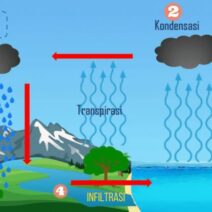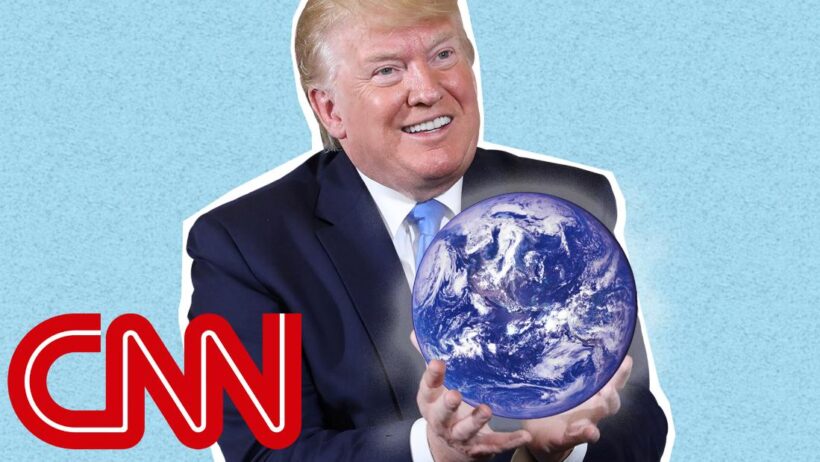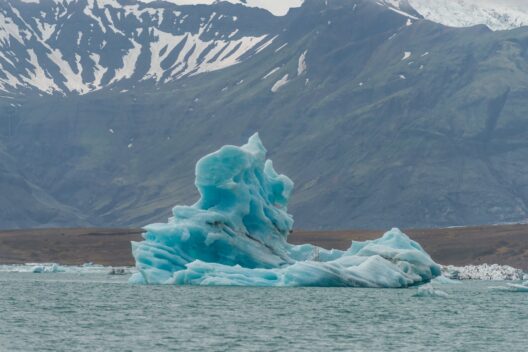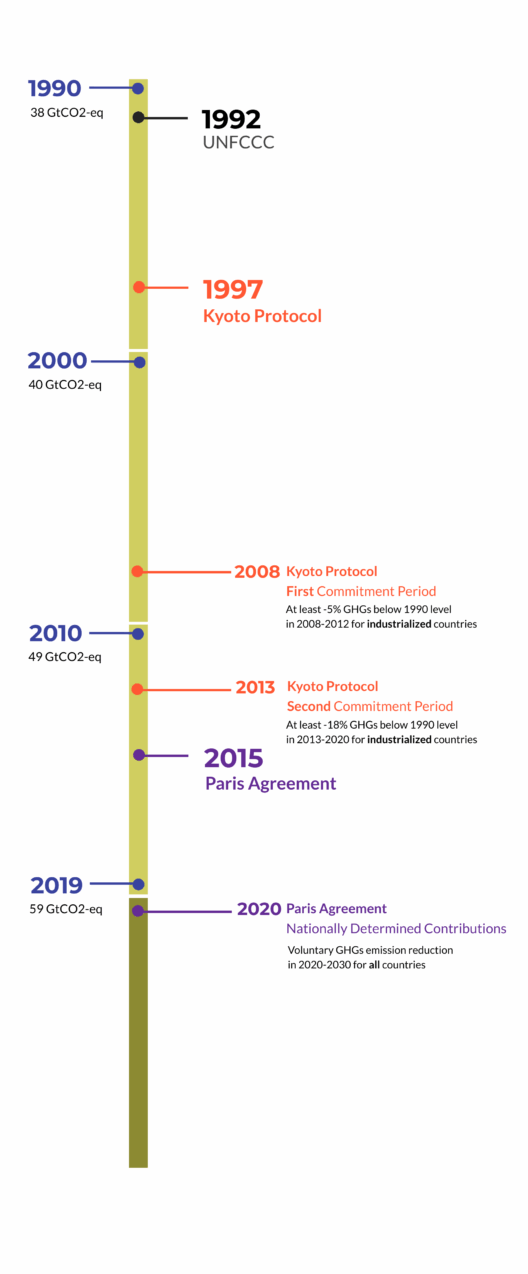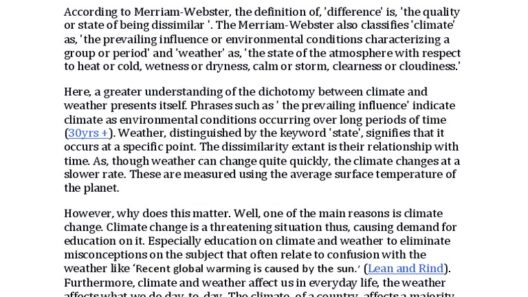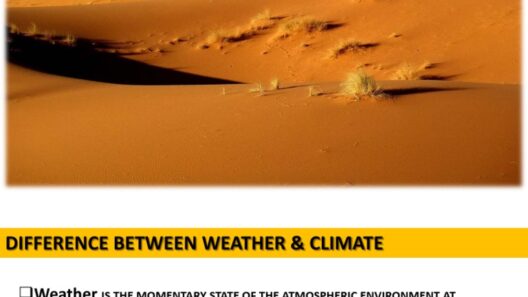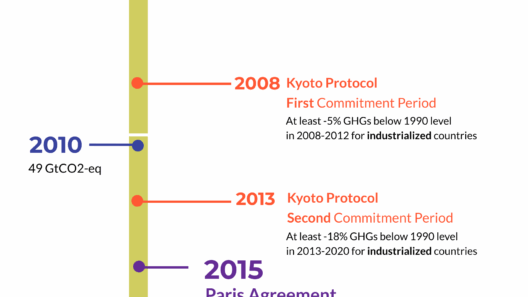When evaluating the question, “Does Donald Trump Believe in Climate Change?”, one cannot simply delve into rhetoric or isolated statements. Instead, it necessitates an examination of his tenure as the 45th President of the United States, alongside a deeper analysis of his actions, policies, and the surrounding political context that arguably shapes a leader’s stance on environmental issues.
To grasp the multifaceted nature of this inquiry, it is vital to dissect the evolution of Trump’s public declarations on climate change, scrutinize the implications of his policy decisions, and consider the broader ideological currents within the Republican Party that shaped his views.
The Turning Tides of Trump’s Rhetoric
Throughout his political career, Donald Trump’s rhetoric regarding climate change has oscillated considerably. Initially, he perpetuated skepticism about human-caused climate change. Notably, during the 2016 presidential campaign, Trump famously declared climate change a “hoax,” a phrase that resonated deeply with his base and aligned with a prevailing anti-establishment sentiment within certain factions of the Republican Party. Yet, it is essential to understand that his dismissal of climate science was not merely an isolated opinion. It was emblematic of a broader narrative that positions climate change as a debatable issue rather than a settled scientific consensus.
However, there were instances where Trump exhibited a more nuanced perspective. In his addresses, he occasionally acknowledged variations in climate—implying some level of awareness of environmental changes. This complex relationship begs the question: Is his skepticism genuine, or is it a calculated political maneuver to rally support from specific voter demographics unwilling to embrace the implications of climate science?
The Policy Manifesto: Action Over Words
The actions that Donald Trump took during his presidency shed more light on his actual beliefs regarding climate change than his words ever could. His administration actively dismantled several environmental regulations that were established to combat climate change, including the withdrawal from the Paris Agreement in 2017. This pivotal decision not only alienated the United States from a global commitment to reduce greenhouse gas emissions but also signified a willingness to prioritize economic growth and deregulation over ecological stewardship.
Furthermore, the repeal of the Clean Power Plan — an initiative aimed at reducing carbon emissions from power plants — underscored a broader ideological shift that favored fossil fuel industries over renewable energy sources. Such policy decisions reflect a disconcerting trend where adherence to a pro-business agenda overshadowed scientific consensus on climate issues.
The Enigma of Trump’s Alliance with Industry
A deeper analysis reveals that Trump’s skepticism towards climate change is closely tied to his relationships with influential industrial sectors, particularly fossil fuels and manufacturing. The robust lobbying efforts by stakeholders in these industries have played a significant role in shaping both public discourse and policy directives related to environmental regulation.
These industries have long been at odds with the renewable energy sector, which Democrats typically champion. As a businessman, Trump’s historical ties to oil, gas, and coal are apparent; his financial interests could create a compelling reason for a stance that promotes fossil fuel use. It represents an ideal merger of personal ideology and economic interest, illustrating how individual motivations can influence broader environmental policies.
The Republican Party’s Climate Conundrum
Trump’s stance on climate change also exemplifies a broader ideological struggle within the Republican Party. Traditionally, the party has been more aligned with conservative principles of limited government intervention and skepticism towards regulatory frameworks which they perceive as hindering economic growth. This ideological architecture precipitated a collective ambivalence towards climate science.
As Trump’s presidency unfolded, it became starkly evident that he galvanized a segment of the Republican base that was resistant not only to climate change but to environmentalism in general. This reliance on populistic rhetoric and the rejection of scientific consensus underscores a larger trend within a party that has grappled with its identity amid increasing calls for environmental accountability.
Hope amidst Skepticism: The New Faces of Climate Advocacy
Despite Trump’s evident dismissal of climate science, a wave of grassroots movements and advocacy has emerged in response to political inertia. Notably, younger generations are vociferously advocating for climate action and sustainability. This transformation reflects growing awareness and urgency, fostering a climate discourse that extends beyond the political fissures of the past.
The emergence of figures such as Greta Thunberg and climate action movements like Extinction Rebellion demonstrate a societal shift towards a collective recognition of climate urgency—one that transcends partisan divisions. Engaging with environmental science has moved from being a specialized discourse to a mainstream concern, even in the face of political leadership that downplays its significance.
A Convergence of Interests
Ultimately, the question of whether Donald Trump believes in climate change might be less about his personal convictions and more about the intricate web of economic interests, political pressures, and cultural identities that define his public persona. His evolution regarding climate discourse and policy illustrates how individual beliefs can be refashioned, influenced by externalities and societal demands.
In conclusion, understanding Trump’s approach to climate change is tantamount to grappling with the complexities of contemporary environmental dialogue. It’s an exploration not only of a singular figure but also of a broader societal landscape where the ramifications of climate change persistently loom, urging humanity towards an inevitable reckoning. In a world that grapples with environmental crises, leaders’ beliefs and actions hold paramount significance, shaping the trajectory of climate discourse for generations to come.
